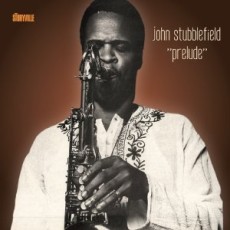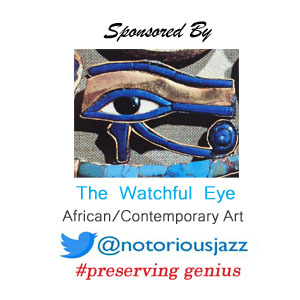
Daily Dose Of Jazz…
John Stubblefield was born on February 4, 1945 in Little Rock, Arkansas. He first studied the piano and then moved to saxophone as a teen absorbing the music of the itinerant blues and gospel performers moving in and out of his strictly segregated Black neighborhood.
At 17 Stubblefield made his recording debut with local R&B combo York Wilburn & the Thrillers, spent a year on the road with soul legend Solomon Burke, then studied music at A&M College in Pine Bluff while concurrently leading his own modern jazz quintet. In 1967 after graduation he settled in Chicago and signed on with the pioneering avant-garde jazz collective the Association for the Advancement of Creative Musicians. During this period he studied under Muhal Richard Abrams and appeared on Joseph Jarman’s landmark 1968 set As If It Were The Seasons.
Relocating to New York, John joined the Collective Black Artists playing with Mary Lou Williams, Tito Puente, and the Thad Jones/Mel Lewis Orchestra. By 1972 he joined Charles Mingus adding alto saxophone, oboe, flute, and bass clarinet to his arsenal. Suffering a falling-out with Mingus that effectively left Stubblefield blacklisted throughout much of the New York jazz community, he finally landed with Nat Adderley’s quintet. He briefly played behind Miles Davis in 1973 and during the mid-’70s served as an instructor with the famed Jazzmobile program.
He cut his first album Midnight Sun in 1976 followed by a few more projects in the eighties for the Enja and Soulmate labels. After the death Of Charles Mingus, his widow Sue formed the Mingus Big Band in 1992 and Stubblefield held the lead tenor chair and was an occasional director. Diagnosed with cancer in 2004 he remained a guiding force conducting much of the I Am Three album from his wheelchair.
Tenor saxophonist John Stubblefield collaborated with a who’s who list of modern jazz and avant-garde giants includes Charles Mingus, passed away on July 4, 2005. His contribution ranks him among the most powerful and innovative soloists of the post-Coltrane generation.
More Posts: saxophone


